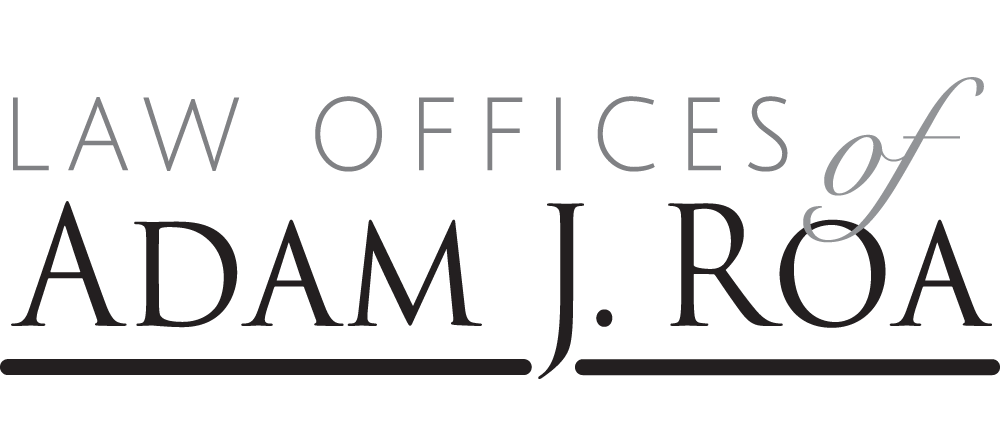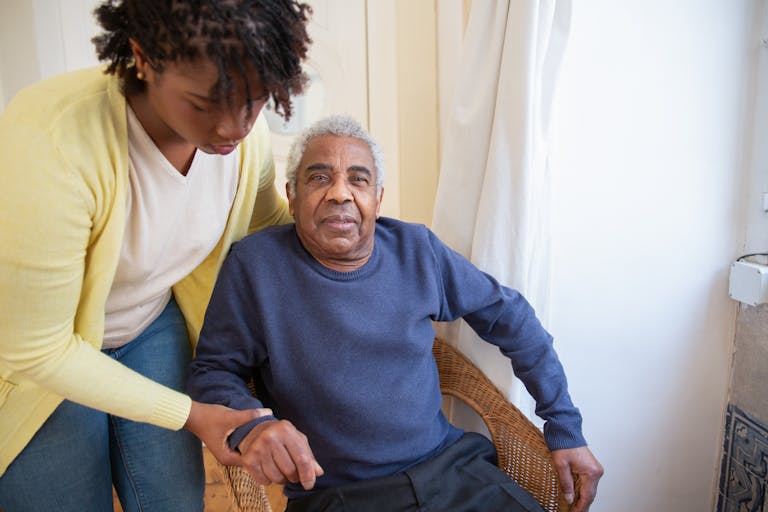Guardianship Issues – Physician Certificates – Part 2
What happens if a person with a disability needs a guardian, but he or she refuses to be examined? If a person in the household refuses to allow the person to be examined, there is a clear legal route to get the court involved. But what happens if your parent is in the home alone and simply refuses to be examined?
Maryland Guardianship Complication
Maryland law on this issue is a bit more complicated. As strange as it seems, the law is very clear that if a person is preventing someone from being examined, then there is a clear path for a hearing. But it is less clear if there is no one preventing them from being examined.
Argument that Case Should be Dismissed
When a guardianship petition is filed, the court will appoint an attorney to represent the person with a disability. In cases where no one is preventing her from being examined, the court-appointed attorney may argue that the case should be dismissed. Maryland law does not provide that the court can force a person to be examined if no one is preventing her from being examined. It is an absurd argument, but if you take a literal reading of the Maryland provisions, you could see their point.
A Winning Argument
You must take an aggressive approach, with an expansive review of all relevant guardianship rules, to argue that the court can order a person to be examined, even though the person with a disability does not have someone preventing her. This argument must be made to look past the perceived limitations in the Maryland rules. We have taken this expansive view before and won.
Maryland law is not as clear as it needs to be on certain issues. Guardianship matters may be more complicated than you originally thought. You need competent counsel to navigate these complex issues.





